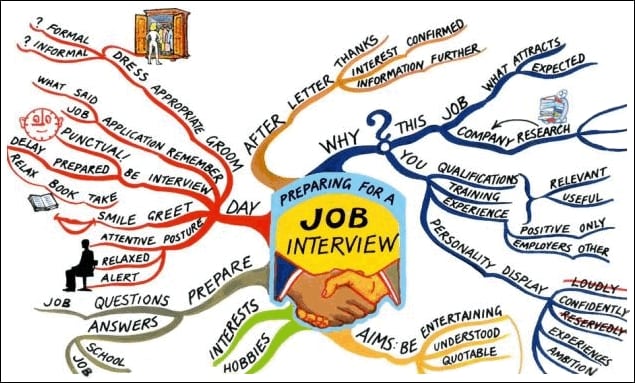There’s plenty of advice out there about how to best prepare for an interview. Practice answering common questions, look through your resume to be sure you’re not surprised when they ask you about items on it, and dress nicely and comfortably.
Be ready for a question about your current salary. But there’s more to doing well in an interview than thinking about yourself.
In fact, these days you should be paying attention to the person who is doing the interviewing. How are they responding to you and what you’re saying?
All too often, we don’t pay attention to the effect we’re having on an interviewer because we’re nervous or anxious about saying or doing the right things. But the best thing you can do is try to pay closer attention to what effect your words are having.
You’ll be able to make adjustments, ask the right questions, and give yourself a better chance at getting the job.
Non-Verbal Cues to Pay Attention To
How can you tell if you’re doing well? First of all, make sure you’re not making the interviewer bored. Pay attention to signs of distractedness, like a lack of eye contact. Are their eyes glazing over? Do they seem to be spacing out? Maybe it’s time to cut yourself off and finish up your answer. The expression on their face can tell you a lot about whether or not they’re interested in you for the position.
For example, if the interviewer is making eye contact and nodding in agreement to the things you’re saying, you’re probably on the right track. Typically, an interviewer is doing this many times a week and they’ve heard all the answers before.
You want to connect with them and show that you’re not just a good candidate because of your work experience and training, but also because you’re an attentive and thoughtful person. Being able to read facial expressions and keep the attention of the interviewer are signs that you’re not just self-involved, but you’re also interested in working with people like them.
Other clues come from things like posture and gestures. When people are interested and engaged they will lean forward or sit in a relaxed position. However, if they are leaning back, have their arms crossed, or have turned slightly away to cross their legs, they may be losing interest.
Gestures to aim for are things like nodding, smiling, or taking notes. These things indicate that they are in agreement and have an interest in what you’re saying. Even when people say yes, if they are shaking their head ‘no’ it’s usually because they mean ‘no’.
What to Do When Things Aren’t Going Well
So you’re paying close attention to the non-verbal and verbal cues of the interviewer. It looks like they’ve lost interest or they’ve just wrinkled their brow and looked off into the distance. How do you salvage the situation? Don’t be afraid to ask them questions. Ask them if you’re answering the right question, or engage them by asking a question of your own that you’ve prepared beforehand about the company culture.


